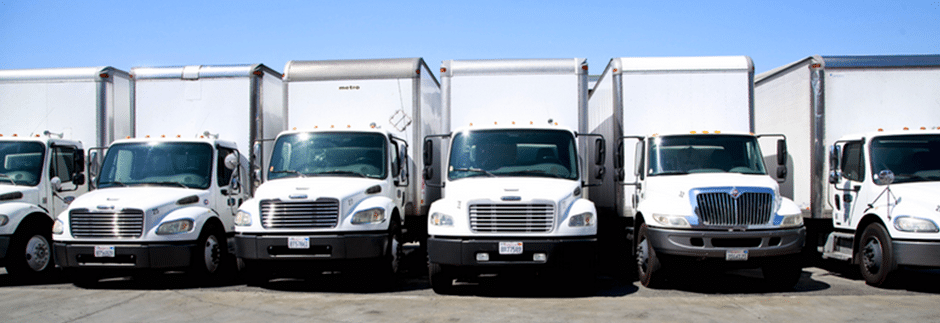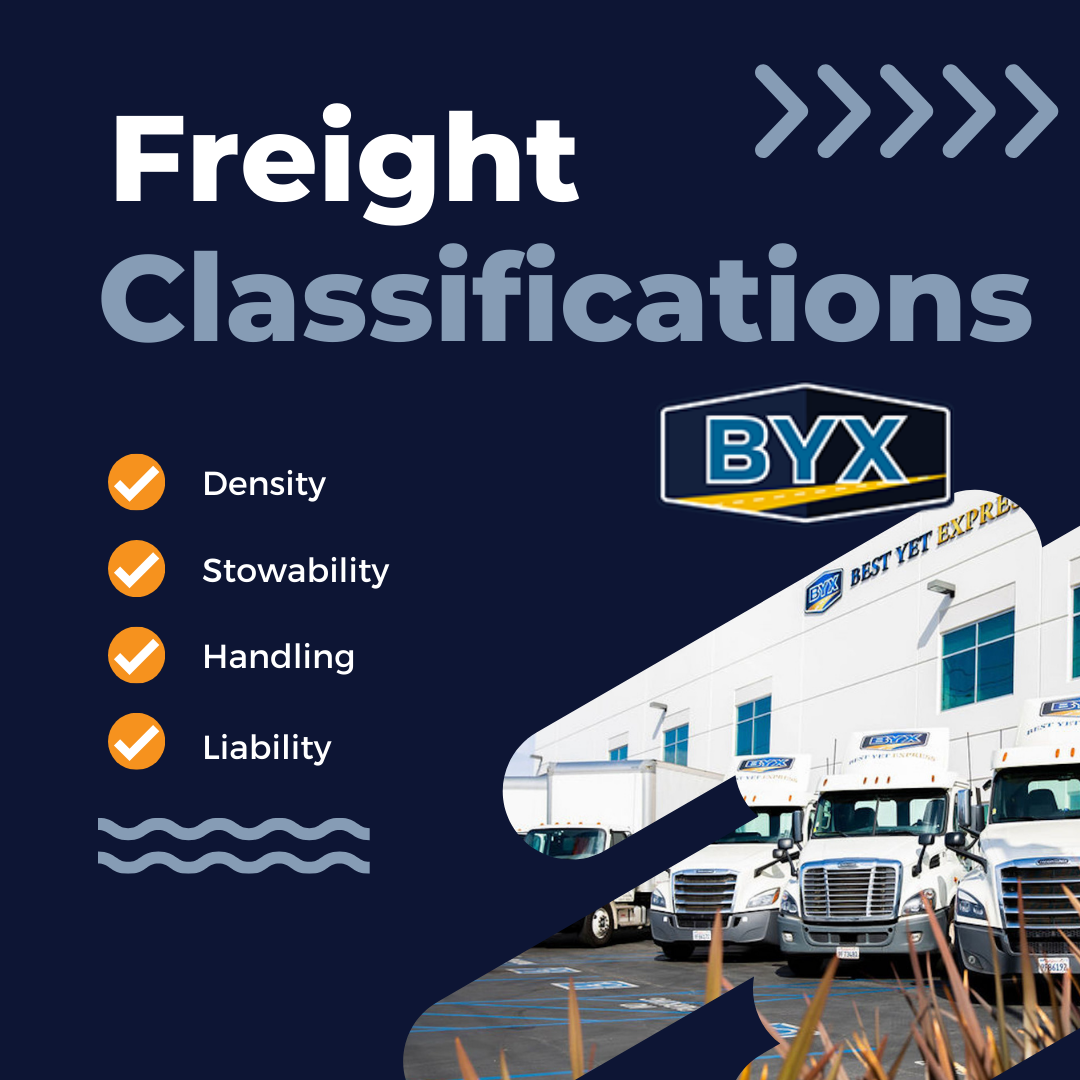On September 18, the 9th U.S. Circuit Court of Appeals rejected arguments from fuel producers that California’s low carbon fuel standard (LCFS) is unfair to out-of-state producers. As such, California’s Air Resources Board (ARB) will continue its agenda to cut the state’s usage of petroleum and reduce its greenhouse gas emissions.
While this decision will obviously have environmental benefits, its impact on the trucking industry may not be so great. What can the industry expect as the LCFS becomes a reality in The Golden State?
Not Much…Yet
The good news, from a trucking perspective, is that this law will not be fully implemented until 2020. In other words, the industry will have plenty of time to react to this change in the nation’s most populous state.
Surging Diesel Prices
The California Trucking Association (CTA) believes that, combined with the state’s cap-and-trade program, LCFS will raise diesel prices to $6.69 per gallon by 2020. That would be a $2.48 jump from the average price in the state as of this writing, or a 59 percent increase.
A trucker driving 125,000 miles per year (for example) would face considerably higher expenses if this pans out. Assuming 25,000 of those miles are within California, he’d pay around $10,500 extra per year in diesel expenses.
Cost Bubble
The CTA estimates there will be a $2.33 gap between diesel prices in California and neighboring states by 2020. That could make them (and the rest of the United States) more attractive options for the trucking and related industries.
Fewer Containerized Imports
The CTA believes California will become a less attractive destination for containerized imports. Of course, if that is true, the state’s trucking industry will decline, given it has the largest port in the United States and 20th in the world in Long Beach.
With fewer containerized imports, the demand for trucking services will decline. That means less business for trucking companies, which will then need fewer truckers. They’ll also need fewer trucks, so truck manufacturers as well as service shops and suppliers will all feel an economic pinch if there are indeed fewer containerized imports in the state.
Switch to Other Modes of Transportation?
A 2010 study prepared by Charles River Associates for the Consumer Energy Alliance noted that, if the United States were to implement a low carbon fuel standard, the transportation costs for all goods would rise. The same can be expected in California, albeit on a smaller scale.
As transportation costs rise, there could be a switch from trucking to other modes of transportation like airplanes or railways which, all else equal, would gain a competitive advantage.
Final Word
From an environmental standpoint, the LCFS may be great for California. However, it will likely become an economic burden for the state’s trucking industry by raising diesel prices.
Look for less demand for trucking services and for trucking companies to take a strong look at moving elsewhere.







